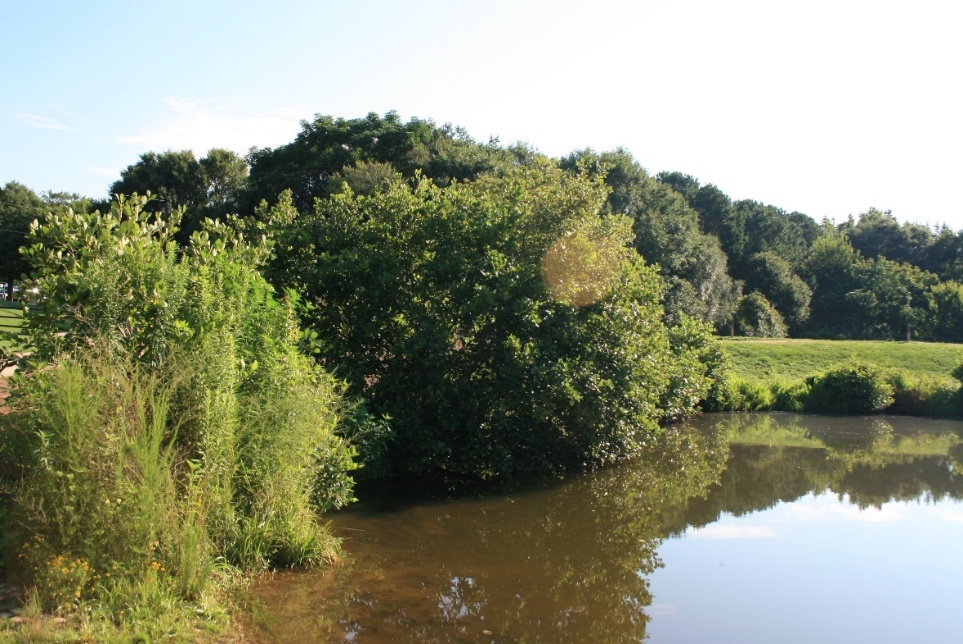Many Georgia farmers rely on a product called methyl bromide
to help them produce
high-quality crops. But soon they’ll have to use something
else.
And they’re
not sure what will work as well.
“The U.S. Clean Air Act mandated that methyl bromide be
eliminated from use in the United States by the year 2001,” said
Alex Csinos, a plant
pathologist with the University of Georgia Coastal Plain
Experiment Station.
Farmers fumigate soil with methyl bromide gas. They inject it
into soil covered with
plastic to get rid of pests. Then they seed the field to tobacco
or vegetable crops such
as squash, peppers, tomatoes and cabbage.
Csinos said methyl bromide controls a broad range of insects,
weeds, nematodes and
disease-causing organisms at fairly low cost.
But the Environmental Protection Agency found a problem. As
methyl bromide moves from
treated soil into the atmosphere, it breaks down ozone molecules
that help protect us from
the sun’s ultraviolet rays. So farmers have to find other
products.
Csinos, other UGA researchers and U.S. Department of
Agriculture scientists have worked
together for about four years to find a replacement.
“At this point, the results look very good,” he said. “We
have found some materials
that are already approved by EPA for soil injection. And their
activity is almost equal to
or, in some cases, even better than methyl bromide.”
A bonus for farmers is that the other products cost less,
too, when used in effective
combinations. Farmers can apply them, Csinos said, at half to
two-thirds the cost of
methyl bromide.
One way methyl bromide is better, though, is time. It works
quickly and escapes fast
once the farmer removes the plastic. The alternatives may take
longer. And that can
require more management and planning.
“But farmers can apply it themselves instead of hiring
custom applicators,” Csinos said. “And these alternative
chemicals and combinations have been shown to
have no effect on the ozone layer.”
Georgians can benefit from the new chemicals in a number of
ways.
They’ll be
able to get fresh vegetables without worrying about whether
farmers have damaged their
environment to grow them.
And they’ll
keep on getting the high-quality, disease-free produce they’re
used to.
Georgia farmers will reduce the harmful chemicals they have
to use. And they’ll pay
less to do it.
“Our trials on chemicals to replace methyl bromide have
been quite successful,” said Csinos. “We don’t have a choice
about changing. And we’re working to change to a
safe chemical that’s as effective and less expensive.




